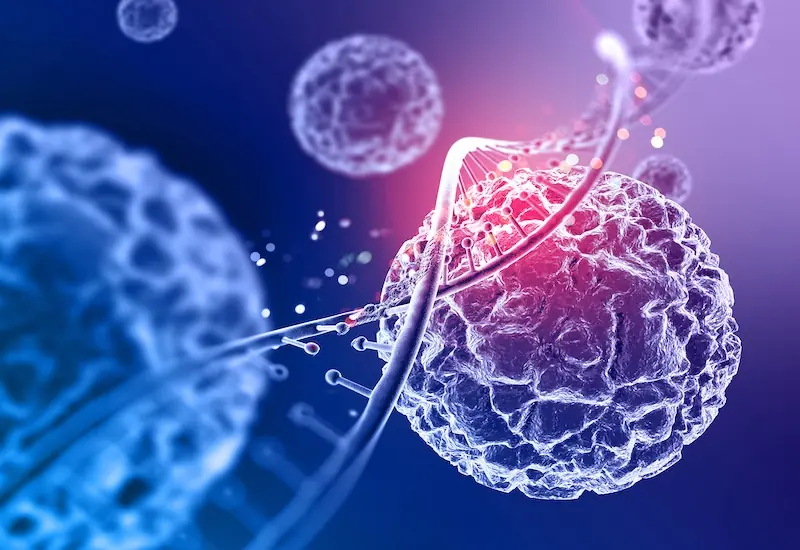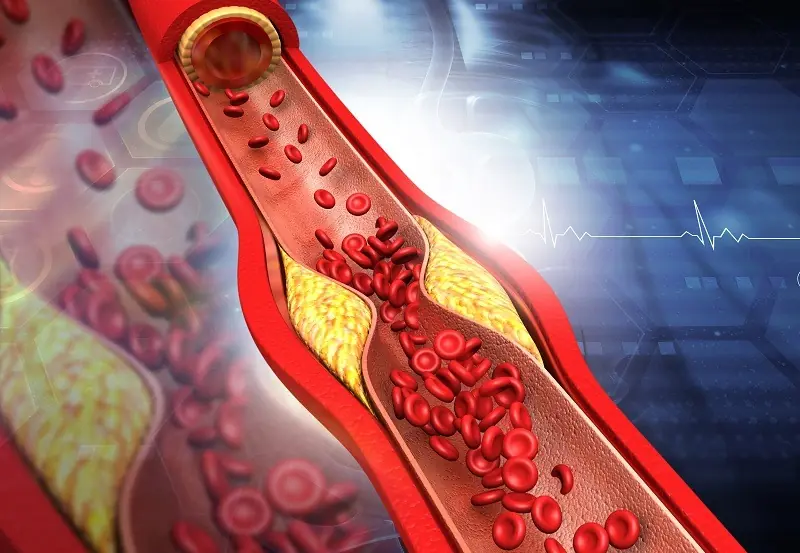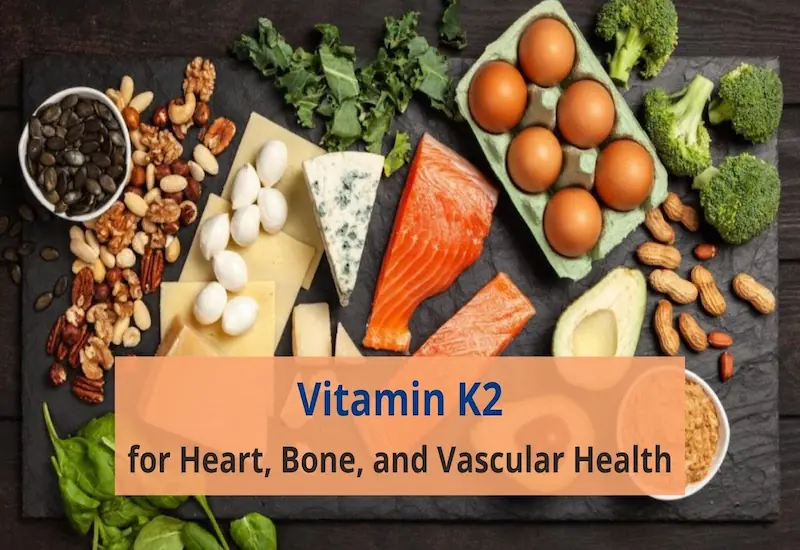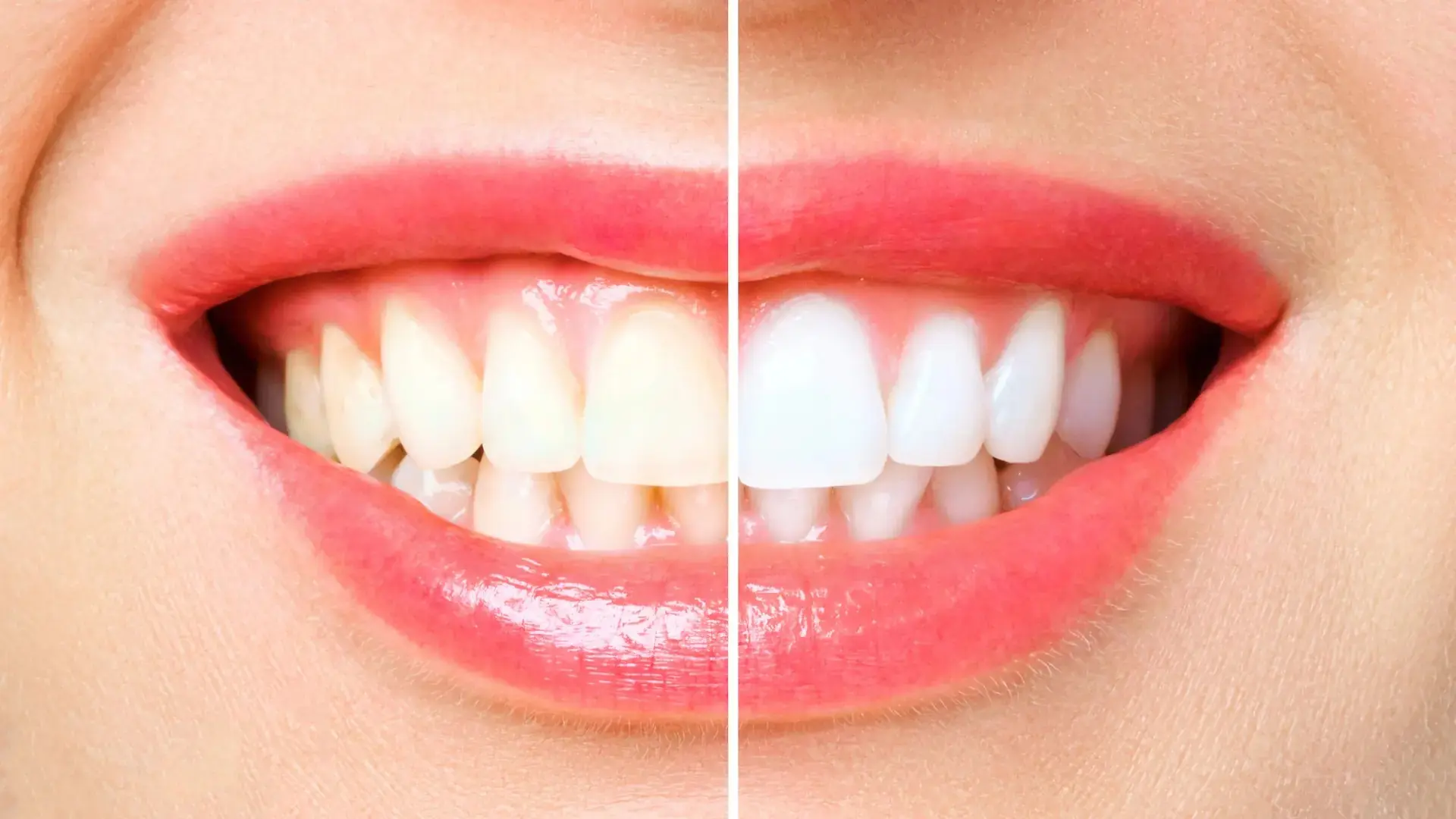
Scientists have just uncovered a game-changing reason to eat an egg every day
For decades, the humble egg has been at the center of a nutritional debate. Once praised as a powerhouse of protein, it later fell under scrutiny for its cholesterol content. However, recent scientific discoveries are reshaping our understanding of this simple food. New research now reveals a game-changing reason to eat an egg every day — one that goes beyond muscle building or breakfast convenience. Scientists have found that eggs play a crucial role in supporting brain health, preventing cognitive decline, and enhancing mental performance throughout life.
The breakthrough centers around a compound called choline, an essential nutrient found abundantly in egg yolks. Choline is vital for producing acetylcholine, a neurotransmitter responsible for memory, mood regulation, and muscle control. According to a 2025 study published in The American Journal of Clinical Nutrition, individuals who consumed at least one egg per day had significantly higher choline levels and demonstrated improved cognitive function compared to those who avoided eggs. The researchers concluded that regular egg consumption might help protect against diseases such as Alzheimer’s and age-related dementia.
What makes this discovery truly remarkable is that choline is difficult to obtain in sufficient quantities from other foods. While liver and soybeans contain some choline, eggs are one of the most concentrated and accessible sources. Just one large egg provides about 150 milligrams of choline — nearly 30% of the daily recommended intake. For pregnant women, choline is even more critical. It supports fetal brain development and reduces the risk of neural tube defects, making eggs an invaluable addition to a prenatal diet. This explains why nutritionists are now calling eggs a “brain food for all ages.”
Beyond their cognitive benefits, eggs have always been nutritionally impressive. They contain all nine essential amino acids, making them a complete protein source ideal for repairing tissues and building muscle. They are also rich in vitamins A, D, E, and B12, along with minerals like iron, zinc, and selenium. Despite past fears about cholesterol, modern research has shown that for most people, dietary cholesterol from eggs does not significantly raise blood cholesterol levels. In fact, eggs may increase levels of HDL — the “good” cholesterol that helps protect heart health.
Moreover, eggs are an affordable and versatile food that fits easily into any diet. Whether boiled, scrambled, poached, or baked into a dish, they offer both convenience and nutrition in one small package. For athletes, students, and older adults alike, starting the day with an egg can provide sustained energy, better concentration, and improved overall health. Some studies have even suggested that people who eat eggs regularly tend to consume fewer calories throughout the day, supporting healthy weight management.
Of course, moderation remains key. Nutrition experts recommend one to two eggs per day for most healthy adults. Those with specific conditions such as diabetes or high cholesterol should consult a doctor before increasing their intake. However, for the majority of people, adding an egg to the daily diet may be one of the simplest and most effective health habits available.
In conclusion, the latest scientific findings have transformed our understanding of eggs from a controversial food to an essential ally in promoting brain and body health. With their rich supply of choline, high-quality protein, and vital nutrients, eggs are no longer just a breakfast staple — they are a daily investment in mental sharpness, long-term wellness, and vitality. So tomorrow morning, when you crack open that egg, remember: you’re not just making breakfast — you’re nourishing your brain for a lifetime.
News in the same category


4 types of vegetables are full of parasites but many people still eat them raw every day

Hidden Dangers in Your Mouth: Early Signs of Oral Cancer

7 Signs of Arthritis You Shouldn't Ignore

When your liver is bad, these parts start to hurt

Top 12 ways to quickly improve blood circulation in legs

Tingling Sensation In Your Body: Why Does It Happen

5 Breast Cancer Signs You’ve Never Heard Of — But Shouldn’t Ignore

YOUR BODY’S SCREAMING FOR HELP — DON’T IGNORE THESE HIDDEN DEFICIENCY SIGNS

SUBTLE WARNING SIGNS OF CLOGGED ARTERIES AND HOW TO UNCLOG THEM NATURALLY

What Happens If You Eat 4 Whole Eggs a Day for 30 Days?

The Most Powerful Anti-Cancer Food You’ve Probably Never Tried

How to Use Frozen Lemon to Help Combat Malignant Tumors in the Body

Vitamin K2: The Underrated Nutrient That Protects Your Heart and Arteries

DENTISTS HATE HOW SIMPLE THIS TEETH WHITENING HACK IS

What Happens to Your Body When You Stop Eating

The #1 Drink to Prevent Foamy Urine — Plus 7 More Your Kidneys Will Thank You For

The #1 Most Effective Remedy for Dental Plaque (And How to Beat Tartar at Home)

JUST 1 CUP FLUSHES POUNDS OF TOXIC WASTE
News Post

The Powerful Health Benefits of Papaya Seeds: Why You Should Include Them in Your Diet

The Wonderful Hazel Tree (Corylus avellana): Nutrition, Healing, and Traditional Uses of Every Part

Boiling a Whole Avocado: The Secret to Softness, Nutrition, and a Delicious Baked Recipe

The Hidden Healing Power of Papaya Leaves

Sugar Apple (Annona squamosa): A Sweet Fruit with Powerful Health Benefits

If you find a centipede at home, here is what it means...

Why We Feel That Little Electric Sh0ck When We Touch Another Person—Science Explains

If a Man Doesn’t Appreciate You, Here’s What You Should Do

25 Worrying Signs Your Body Is Trying to Warn You of Serious Health Problems (and What to Do About Them)

The Hidden Power of Lactuca serriola Root (Prickly Lettuce Root)

Why You Should Stop Waking Up to Urinate

4 types of vegetables are full of parasites but many people still eat them raw every day

Hidden Dangers in Your Mouth: Early Signs of Oral Cancer

Maple Trees from Root to Crown: A Complete Guide to Every Edible Part

7 Signs of Arthritis You Shouldn't Ignore

California Poppy: Nature’s Gentle Remedy for Relaxation and More

What is its purpose. see details

When a woman stops loving a man, she begins…

5 hygiene mistakes that many people make... but no one dares to talk about...
